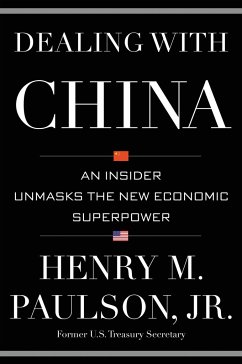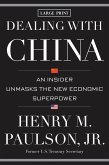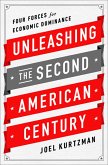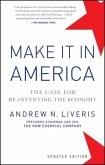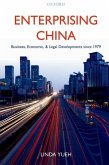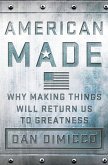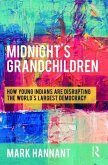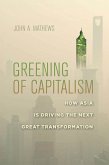"Henry M. Paulson, Jr., former Secretary of the U.S. Treasury and CEO of Goldman Sachs, delivers a behind-the-scenes account of China's rise as an economic superpower. When Hu Jintao, China's then vice president, came to visit the New York Stock Exchange and Ground Zero in 2002, he asked Hank Paulson to be his guide. It was a testament to the pivotal role that Goldman Sachs played in helping China experiment with private enterprise. In DEALING WITH CHINA, the bestselling author of On the Brink draws on his unprecedented access to both the political and business leaders of modern China to answer several key questions: How did China become an economic superpower so quickly? Who really runs China? How does business get done there? What are the best ways for Western business and political leaders to engage, compete, and beat China? How can Western investors profit in China?"--
Hinweis: Dieser Artikel kann nur an eine deutsche Lieferadresse ausgeliefert werden.
Hinweis: Dieser Artikel kann nur an eine deutsche Lieferadresse ausgeliefert werden.

